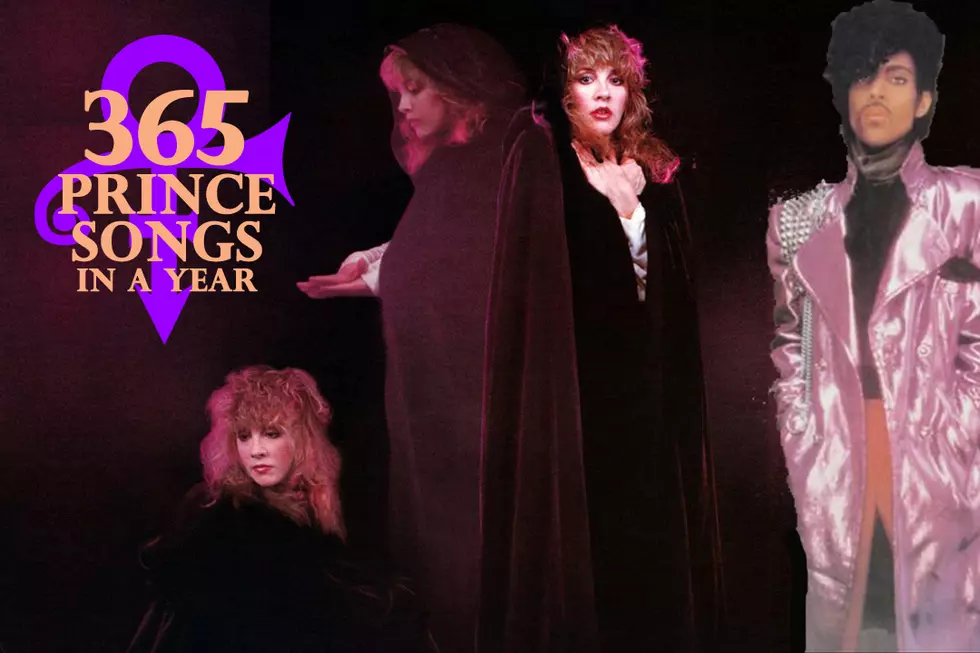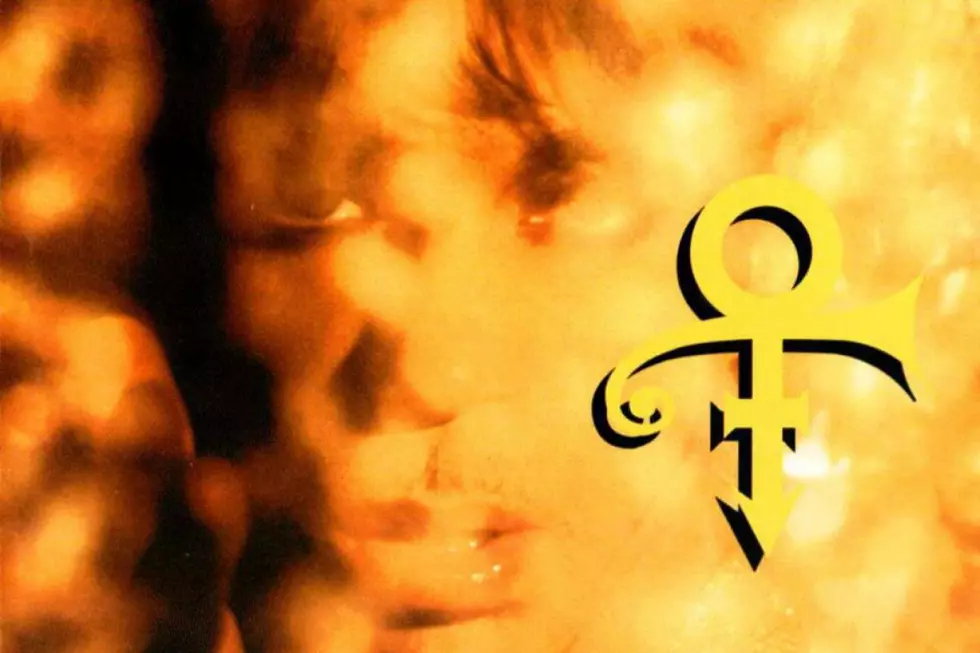
Prince Finds Hope Among Crushing Loneliness on ‘My Computer': 365 Prince Songs in a Year
To celebrate the incredibly prolific, influential and diverse body of work left behind by Prince, we will be exploring a different song of his each day for an entire year with the series 365 Prince Songs in a Year.
Prince was in a good place – in love, married, expecting his first child – as work continued on 1996's Emancipation. In a rare string of interviews promoting what would be his first album after a nasty split with Warner Bros., he spoke glowingly about a period of contentment and stability with wife Mayte Garcia.
He also found himself unmoored from the control and expectations associated with a big-label contract, leading to his quick decision to release the kind of triple-album project Warners had long refused. "There was nothing in the way when I recorded," he said in Prince: Musical Icon. "Nobody looked over my shoulder. Nothing was remixed, censored, chopped down or edited. This is the most exciting time of my life."
Despite all of that, however, Prince was still very much the type to be alone. (He must have gotten used to it after a difficult childhood in which he left his father's house at a very young age.) "My Computer," the 33rd song on this sprawling double-platinum set, took fans inside one of those solitary moments – even as it illustrated Prince's competing need to reach out to others, anyway.
Rather than working on new music, always his principal hobby, Prince instead ends up online one lonely Sunday night – searching for some form of connection. The finely woven details of his experience, captured forever as a moment in time, resonate with anyone who came of age in the pre-Facebook era of the internet. The track begins with the sound of the old AOL greeting ("Welcome, you've got mail"), even as Prince describes scanning through messages boards in an effort to meet someone with shared interests.
Though it quickly became far more commonplace, surfing the web was still something of a novelty when Emancipation arrived. America Online was the dominant internet gateway, but the web remained a niche product. At that point, AOL boasted fewer than five million users. In 1995, the San Francisco-based Odyssey research firm estimated that 93 percent of American households hadn't signed on yet. As Prince recorded "My Computer," Windows 95 – perhaps the single most democratizing element of the web's early years – hadn't been released.
So, as nostalgic as that sample now seems, this was a cutting-edge reference in its time – a sign that Prince was still very much hooked into the zeitgeist, despite his hermit-like existence. (He cops to that public perception, mentioning a query from an old friend. "No, I ain't dead yet," Prince answers. "But, uh, what about you?")
It's clear that something has fundamentally changed in Prince, that he's not really alone anymore – no matter how hard he tries. The news of the day ("another murder," "bombs and things") strikes him in a deeper place now; he sees these events through the prism of fatherhood: "I have a child; I have a lot to explain." Still, Prince can't seem to shake his sense of isolation. He admits to using this new technology to "make believe it's a better world"; he later adds: "I can count my friends with a peace sign: 1, 2."
He is simultaneously connected, and disconnected. Whether by happenstance or design, that was Prince's default position. But it doesn't mean he didn't occasionally experience the same pangs of loneliness that anybody else would – and "My Computer" underlines those conflicting impulses perfectly.
In the end, a newfound sense of post-Warners self-determination allows him to shift gears – why not? – toward an extended, determinedly hopeful conclusion. Sharp, Kraftwerk-like synth stabs punctuate things as Prince catches a rousing groove. He then repeats "a better life" some 52 times before concluding with the familiar AOL sign off.
In fact, two voices appear with Prince on "My Computer." The AOL messages were sampled from the original recordings by Elwood Edwards, who could more recently be found driving for Uber. Deeper down in the mix, Kate Bush adds heavily processed backing vocals, in what became her second collaboration with Prince. (Bush had used the same kind of effect on 1989's forward-thinking "Deeper Understanding," which shares a similar theme of techno-alienation.)
Otherwise – and this is, of course, no surprise – Prince completed "My Computer" all by himself.
Prince Albums Ranked in Order of Awesomeness
More From Diffuser.fm









